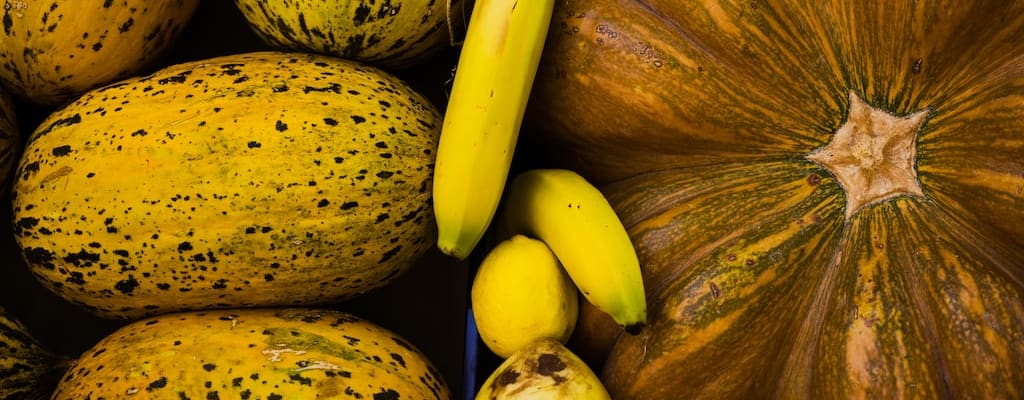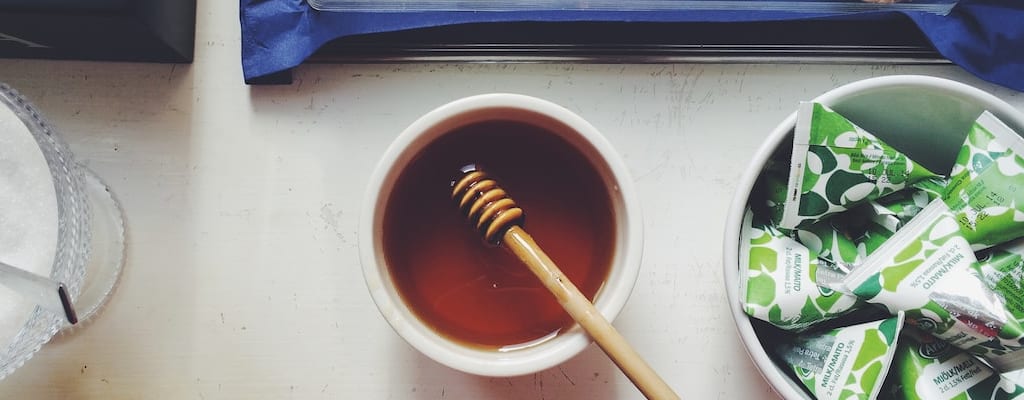sugar and spice: Idiom Meaning and Origin
What does ‘sugar and spice’ mean?
The idiom "sugar and spice" refers to the combination of sweet and pleasant traits, typically associated with young girls. It represents the notion of femininity and is often used to describe a person, particularly a young girl, who is sweet, charming, and well-behaved.

Idiom Explorer
The idiom "sweet young thing" refers to a young person, usually a woman, who is considered attractive, innocent, and appealing due to their youthfulness.
In idiomatic language, the expression "sweet tooth" refers to a strong preference or craving for sugary foods and desserts.
The idiom "sweet smell of success" refers to the feeling of accomplishment or triumph, often associated with achieving one's goals or becoming successful in a particular endeavor.
The idiom "sweet nothings" refers to romantic, affectionate, or loving words that are considered trivial or meaningless. These words are often whispered softly, conveying intimacy between two people.
The idiom "sweetness and light" refers to a harmonious and ideal state of being, where everything is pleasant and peaceful. It conveys the idea of a serene and agreeable environment, often used to describe pleasant conversations or interactions.
The idiom "sweet Mary" is a way to express shock or surprise. It is commonly used to convey a strong emotional reaction or astonishment towards a situation or an event.
The idiom "sweeten up" means to make someone or something more pleasant, agreeable, or appealing by using flattery, kindness, or other positive actions. It can also refer to adding sugar or other sweeteners to make food or drinks taste better.
The idiom "sweeten the pot" means to make an offer more attractive by adding something valuable. It often refers to increasing the amount of money or other benefits in order to encourage participation or competition.
The idiom "sweeten the pill" means to make something unpleasant or difficult more bearable or acceptable by adding something positive or appealing to it.
The idiom *sugarcoated* means to make something seem more pleasant or attractive than it actually is, often by downplaying the negative aspects. It is often used to describe a way of presenting information or opinions in a way that is overly optimistic or rosy.
FAIL
The idiom "sugar and spice" is often used to describe the qualities and characteristics typically associated with young girls. It conveys the idea of innocence, sweetness, and gentleness. The exact origin of this idiom is uncertain, but it is believed to have originated from the nursery rhyme "What Are Little Boys Made Of?" written by Robert Southey in 1820.
The nursery rhyme contrasts the qualities of little boys with those of little girls. It goes, "What are little boys made of? Snaps and snails, and puppy dogs' tails. That's what little boys are made of. What are little girls made of? Sugar and spice, and all things nice. That's what little girls are made of."
The idiom "sugar and spice" gained popularity over time and has become widely used in everyday language. It is often used in a positive context to describe the desirable qualities associated with young girls. Young girls are often seen as kind, gentle, and well-behaved, embodying the sweetness and innocence symbolized by sugar and spice.
However, it is important to note that the idiom "sugar and spice" has also been criticized for perpetuating stereotypes and limiting the scope of what is considered acceptable behavior for young girls. Some argue that it reinforces gender norms and expectations, placing pressure on girls to conform to certain ideals of femininity.
The idiom "sugar and spice" is deeply rooted in societal expectations and stereotypes surrounding young girls. It highlights the qualities that are traditionally associated with femininity and sets a standard for how young girls should behave. While the idiom is often used in a positive light, it's important to question the limitations it imposes and to challenge the idea that girls should only embody sweetness and gentleness.
It is worth noting that the idiom "sugar and spice" is not exclusive to describing young girls. It can be used to describe anyone, regardless of their age or gender, who embodies the qualities traditionally associated with sweetness and gentleness.
Another related idiom is "sweet young thing," which is used to describe a young person, typically a woman, who is attractive and charming. It emphasizes the youthful innocence and sweetness that is often associated with young girls. This idiom further reinforces the idea that young girls are expected to embody qualities such as sweetness and charm.
There is also the idiom "sweetness and light," which suggests a person or situation that is pleasant, agreeable, and positive. It is often used to describe someone who has a kind and gentle nature. This idiom aligns with the qualities traditionally associated with young girls, such as sweetness and gentleness.
Additionally, there is the idiom "sweeten up," which means to make something more pleasant or enjoyable. It can be used to describe the act of adding sweetness to a situation or person's demeanor. This idiom reflects the idea of adding sweetness, just like sugar, to make something more appealing or agreeable.
Furthermore, there is the idiom "sugar coated," which means to make something more palatable or attractive by covering it with a sweet or pleasant exterior. It is often used in a metaphorical sense to describe the act of masking or sugarcoating the truth or a difficult situation. This idiom connects to the idea of sweetness and the notion of presenting something in a more positive or appealing way.
Lastly, there is the idiom "sugarcoated," which is similar to "sugar coated" and also means to present something in a more positive or appealing way. It carries the connotation of disguising or downplaying any negative aspects of a situation or statement. This idiom reflects the idea of sweetness and the act of presenting something in a more pleasant or agreeable manner.
Overall, the idiom "sugar and spice" and its related idioms highlight the societal expectations and stereotypes surrounding young girls. While they convey positive qualities such as sweetness and gentleness, they also raise questions about the limitations and pressures imposed on girls to conform to certain ideals of femininity. Language plays a powerful role in shaping our perceptions and expectations, and it is important to challenge and rethink these expectations to foster a more inclusive and accepting society.
Example usage
Examples of how the idiom "sugar and spice" can be used in sentences:
- She may seem innocent, but she has a mischievous side - a perfect combination of sugar and spice.
- The little girl's sweet personality and gentle nature are a delightful mix of sugar and spice.
- This dish has the perfect balance of flavors, with a hint of sweetness and a touch of spiciness - it's a true sugar and spice recipe.
More "Food" idioms



